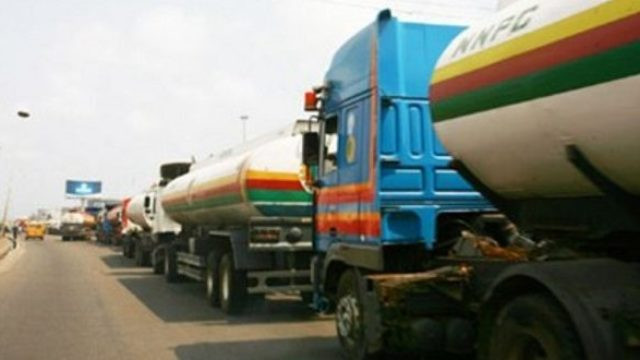The Petroleum Products Retail Outlets Owners Association of Nigeria (PETROAN) has instructed its members to stop programming and loading trucks for the Lekki-Epe Corridor starting June 16, 2025, as a protest against the Lagos State Government's newly implemented N12,500 e-call-up system fee, which officially commenced yesterday.
In a memo issued by its National President, Billy Gillis-Harry, and National Secretary, Adedibu Aderibigbe, PETROAN criticized the fee as insensitive and significantly higher than the N2,500 per truck charge previously suggested by industry stakeholders.
The association argued that its proposed fee was more reasonable considering the current economic hardships. It noted that despite numerous discussions with the Lagos State Government and other relevant authorities, no agreement had been reached, leading to the decision to suspend operations along the corridor until a "mutually agreeable resolution" is found.
PETROAN has therefore urged all zonal and state chairpersons to implement this directive and encouraged members to stay united while negotiations with the state government are ongoing. Additionally, the association highlighted the importance of achieving a "fair and sustainable outcome" for both industry players and the public.
Copies of the memorandum were distributed to several important parties, including the Independent Petroleum Marketers Association of Nigeria (IPMAN), Depot and Petroleum Products Marketers Association of Nigeria (DAPPMAN), Nigeria Union of Petroleum and Natural Gas Workers (NUPENG), and relevant security organizations like the police and the Department of State Services (DSS).
In response, the Lagos State government stated that the e-call-up system for tankers on the Lekki-Epe Corridor was essential due to the repercussions of lacking a regulated system.
Deputy Director of Public Affairs at the Ministry of Transport, Bolanle Ogunlola, remarked that road users have been facing delays of eight to ten hours on the Lekki-Epe Corridor, and the e-call-up system aims to regulate and resolve the traffic issues being encountered.
"We encourage NARTO and IPMA to comply voluntarily for the benefit of everyone," she added.




















